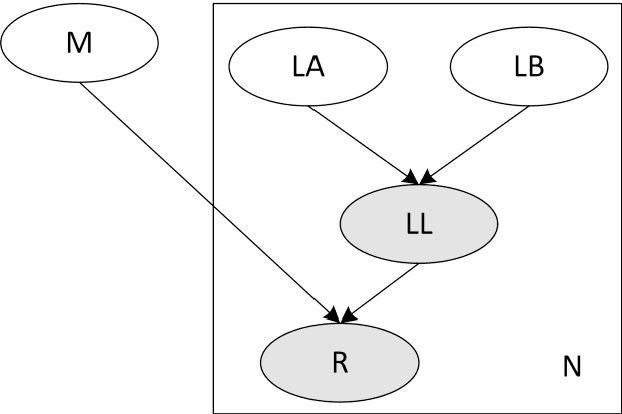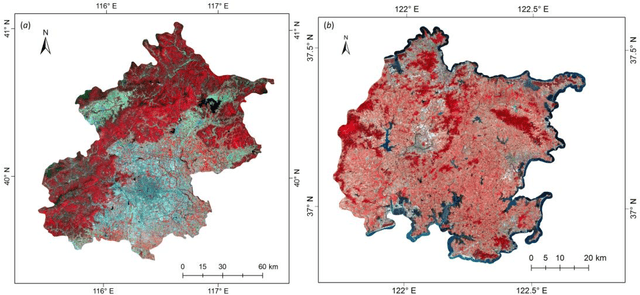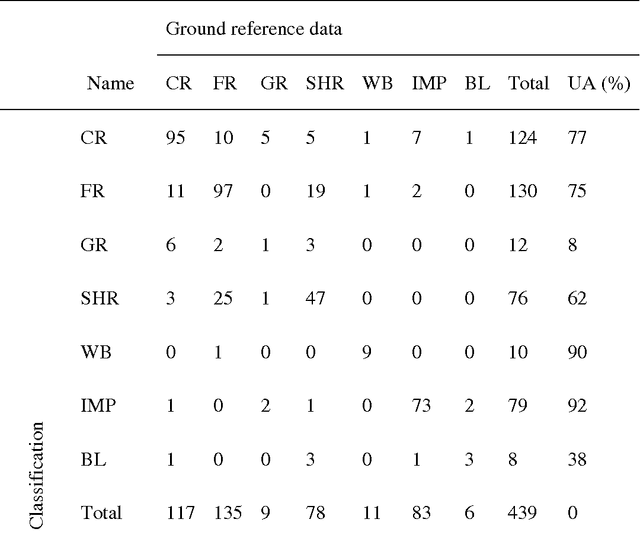A probabilistic graphical model approach in 30 m land cover mapping with multiple data sources
Paper and Code
Dec 11, 2016



There is a trend to acquire high accuracy land-cover maps using multi-source classification methods, most of which are based on data fusion, especially pixel- or feature-level fusions. A probabilistic graphical model (PGM) approach is proposed in this research for 30 m resolution land-cover mapping with multi-temporal Landsat and MODerate Resolution Imaging Spectroradiometer (MODIS) data. Independent classifiers were applied to two single-date Landsat 8 scenes and the MODIS time-series data, respectively, for probability estimation. A PGM was created for each pixel in Landsat 8 data. Conditional probability distributions were computed based on data quality and reliability by using information selectively. Using the administrative territory of Beijing City (Area-1) and a coastal region of Shandong province, China (Area-2) as study areas, multiple land-cover maps were generated for comparison. Quantitative results show the effectiveness of the proposed method. Overall accuracies promoted from 74.0% (maps acquired from single-temporal Landsat images) to 81.8% (output of the PGM) for Area-1. Improvements can also be seen when using MODIS data and only a single-temporal Landsat image as input (overall accuracy: 78.4% versus 74.0% for Area-1, and 86.8% versus 83.0% for Area-2). Information from MODIS data did not help much when the PGM was applied to cloud free regions of. One of the advantages of the proposed method is that it can be applied where multi-temporal data cannot be simply stacked as a multi-layered image.
 Add to Chrome
Add to Chrome Add to Firefox
Add to Firefox Add to Edge
Add to Edge